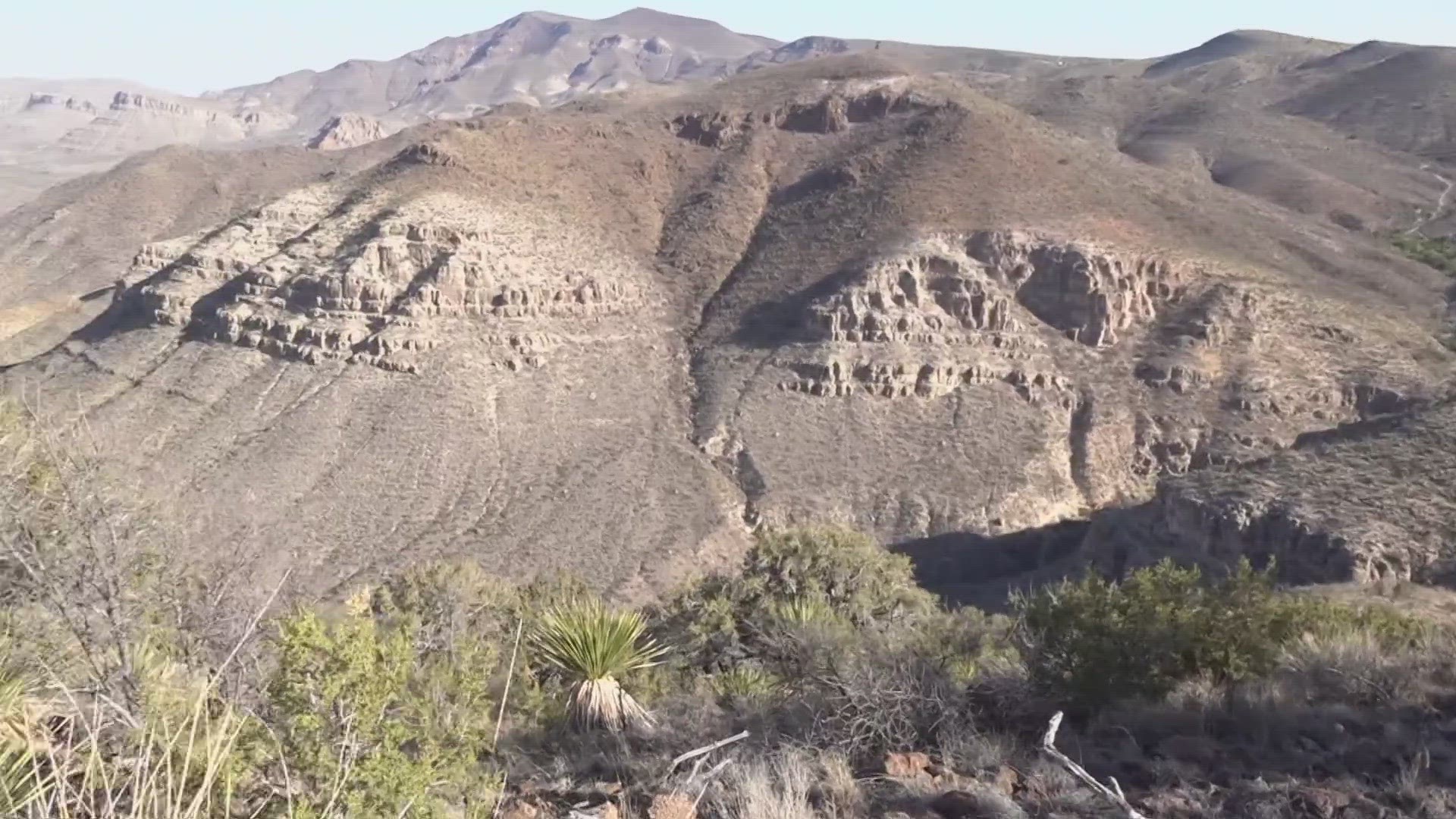BIG BEND NATIONAL PARK, Texas — Over the past three weeks, two hikers have died at Big Bend National Park. Unfortunately, this is not an uncommon occurrence.
"The next two months are the busiest of the entire year, and we'll host over 150,000 park visitors," said Tom VandenBerg, Chief of Interpretation & Visitor Services at Big Bend National Park. "With that comes an inevitable rise in search/rescues and emergency response."
Hiking and hitting a trailhead can be exciting, but it can also be dangerous if you're not prepared.
"Know before you go, so with know before you go, it really focuses on checking with the weather and conditions on the place that you're going to be hiking in," said Wesley Trimble, with the American Hiking Society. "Always tell someone, whether its a family member, or a friend, or a neighbor where they are going hiking and when to expect you back."
It is also recommended that when you hike in areas like Big Bend to go earlier in the day.
"We recommend that visitors carry plenty of water, don't do more than you can and hike early in the day," said VandenBerg. "Plan to be off desert trails by afternoon."
Also know what your body can handle.
"Evaluating your fitness, everyone has a different body and a different fitness level, and a different experience level as well, and so kind of pairing and evaluating you and your hiking companions," said Trimble. "If you're going with other folks to see, is the hike that I want to do, is that a reasonable hike?"
Make sure you have plenty of water on hand.
"Having at least half a liter, or 16 ounces of water, per hour of hiking in moderate temperatures, in moderate terrain, is kind of a good rule of thumb, but if you're hiking in the summer at Big Bend, that amount of water probably needs to double," said Trimble.
The hot temperatures can also cause heat stroke and heat exhaustion.
"Some of the first signs and symptoms typically come in the form of just feeling thirsty, and headaches, and that should be the first warning sign," said Trimble. "Nausea, dizziness, vomiting."
So take a break when necessary, and be aware that you if you do need immediate care, it might take a while to get to you.
"First responders' time is always going to be more delayed out in more remote areas, but then also depending on the terrain, it could be very likely that you may not have cell signal to make calls," said Trimble.

